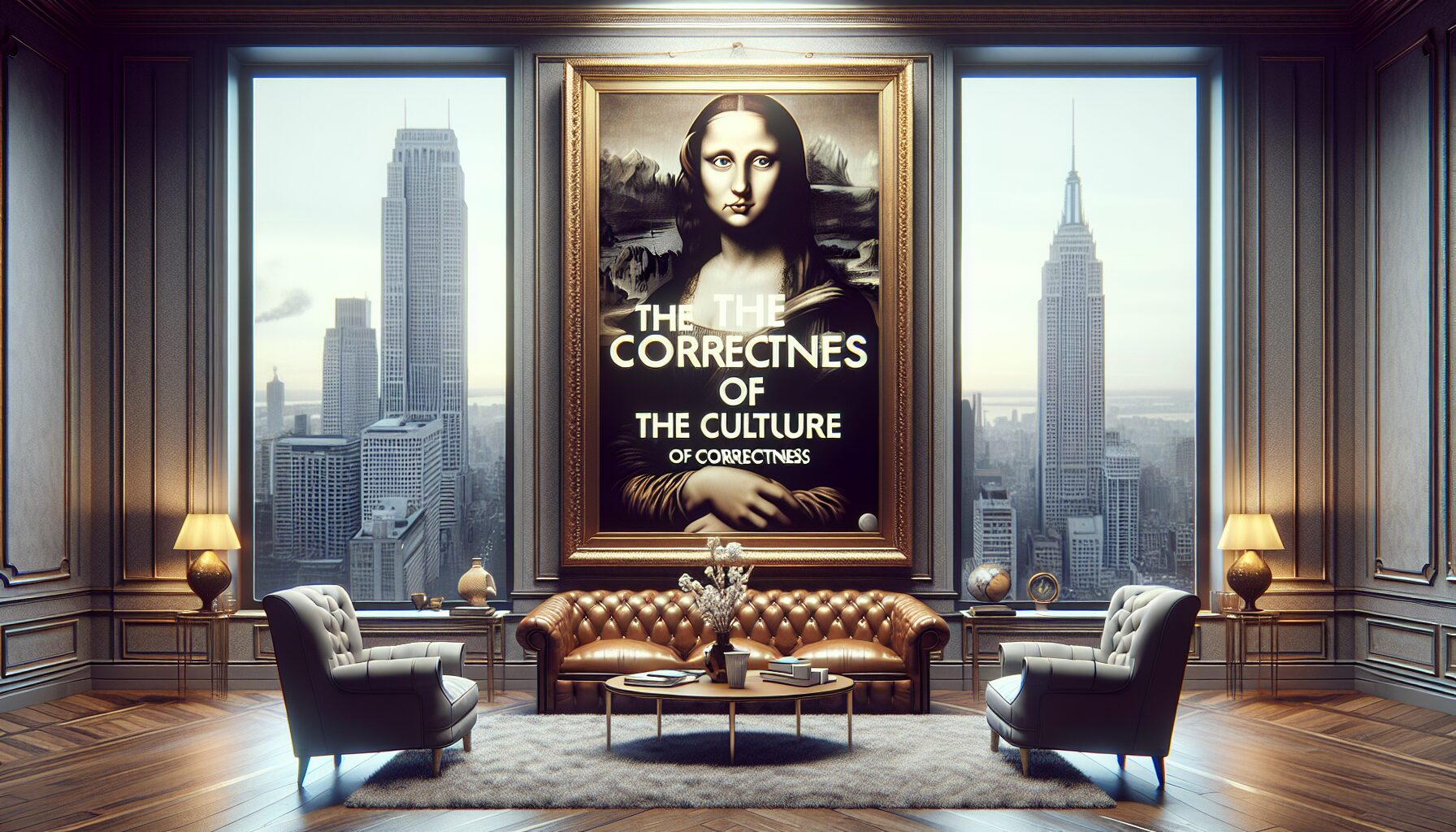In today’s society, the concept of political correctness has evolved into a culture where appearances often outweigh sincerity. This “culture of correctness” raises essential questions about the balance between being thoughtful in our expressions and maintaining genuine communication.
Political correctness initially emerged as a movement aiming to eliminate language and behavior that could marginalize or demean certain groups. As The New York Times notes, the intent was to “create a more equitable world by shaping the words we use.” Ross Douthat observed that the goal was to replace the insensitive and outdated with a more inclusive lexicon.
However, concerns have arisen about the potential overreach of this mission. Many argue that the emphasis on not offending has led to token gestures that prioritize appearances over genuine understanding and change. The Atlantic highlighted that the rise of social media has amplified this issue, where “performative wokeness” often substitutes for authentic advocacy and dialogue.
“The problem with much of what is seen as political correctness is that the focus so heavily lies on avoiding discomfort, it often sidelines deeper, substantive discussions.” — The Atlantic
This shift has implications. It leads to what some critics call a “checkbox” mentality, where companies and individuals might adopt a façade of equality and inclusivity without making substantive changes. Initiatives that should foster inclusion—like diversity trainings—risk becoming mere formalities devoid of real engagement.
- Superficiality over Substance: Initiatives are often measured by their appearance rather than their impact.
- Fear of Dialogue: Fear of backlash can lead to self-censorship, stifling honest conversations that can lead to growth and understanding.
- Tokenism: Diversity and inclusion efforts may become symbolic gestures rather than meaningful commitments.
In striving towards a more equitable society, there is an ongoing need to balance sensitivity with sincerity. Encouraging honest, respectful conversation can lead to greater understanding, even when it’s uncomfortable. A critique in The Guardian suggested that focusing on listening and learning can create spaces where diverse perspectives are respected and heard.
The culture of correctness must evolve beyond appearances. Only then can it serve as a pathway to genuine dialogue and profound change, where sincerity and understanding become prioritized over mere political appearances.
